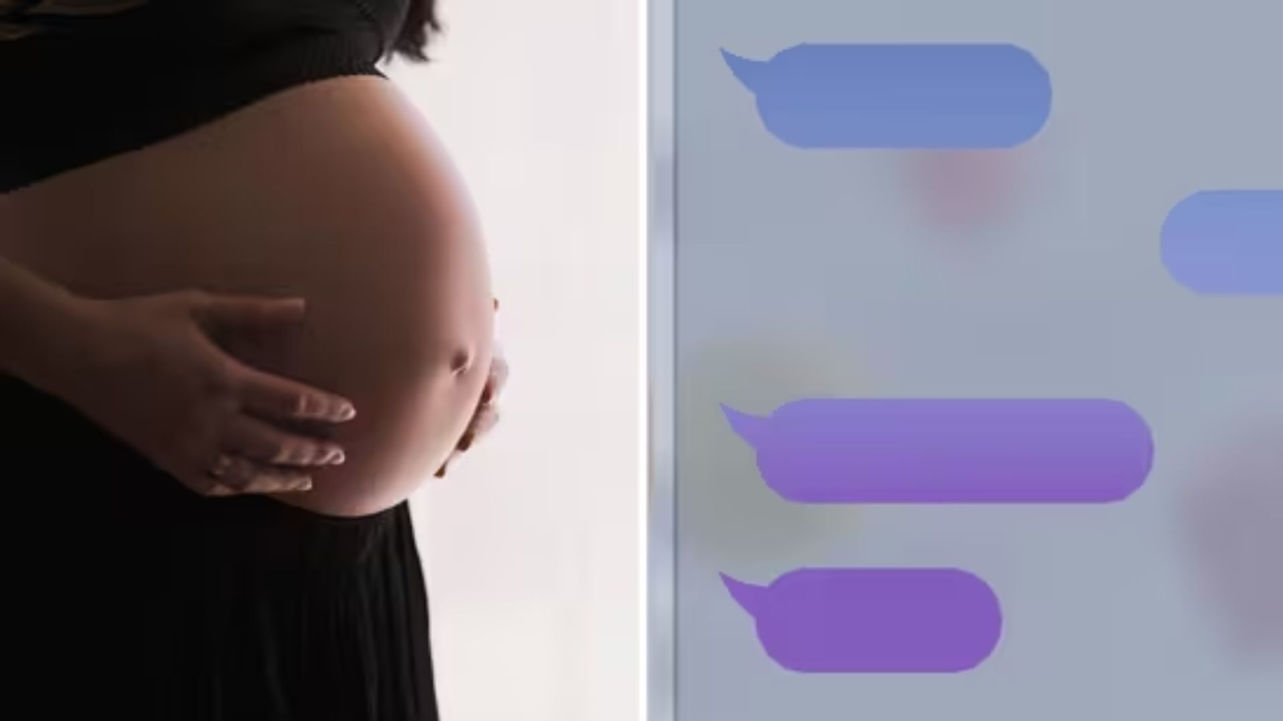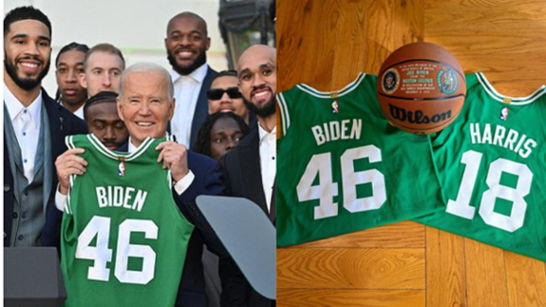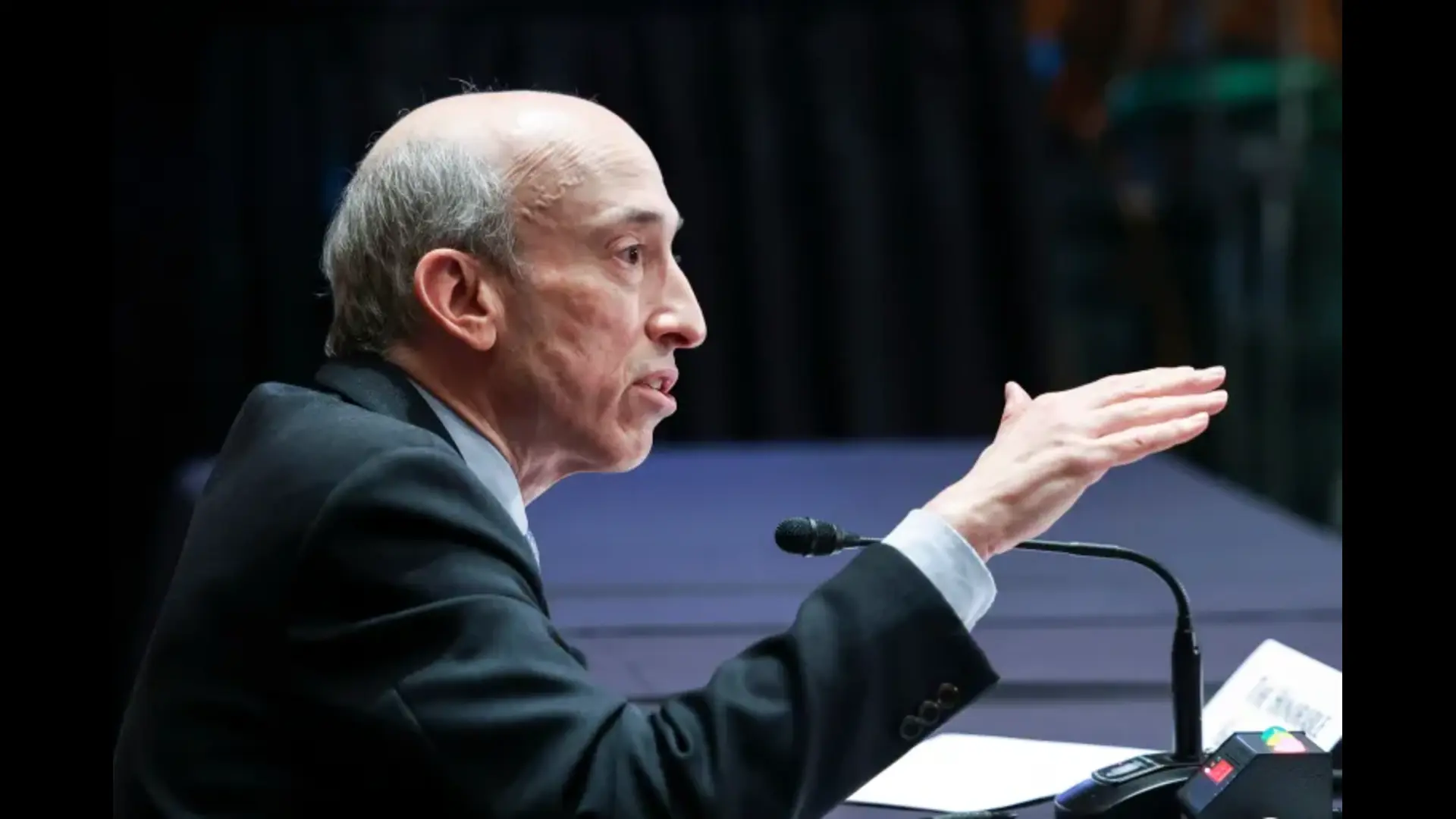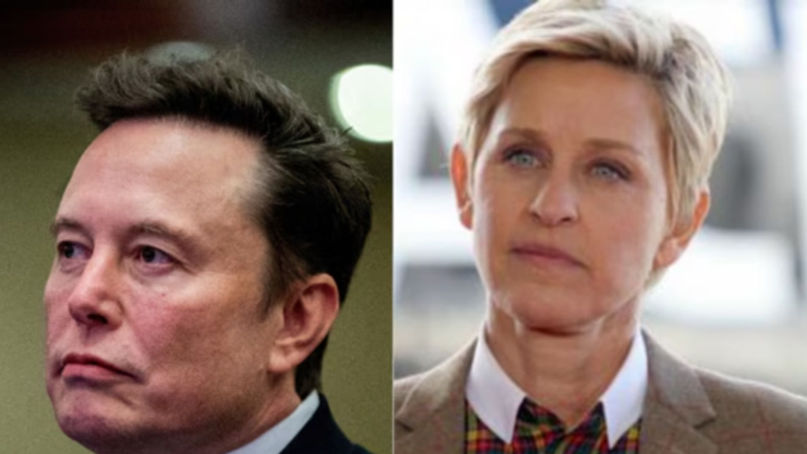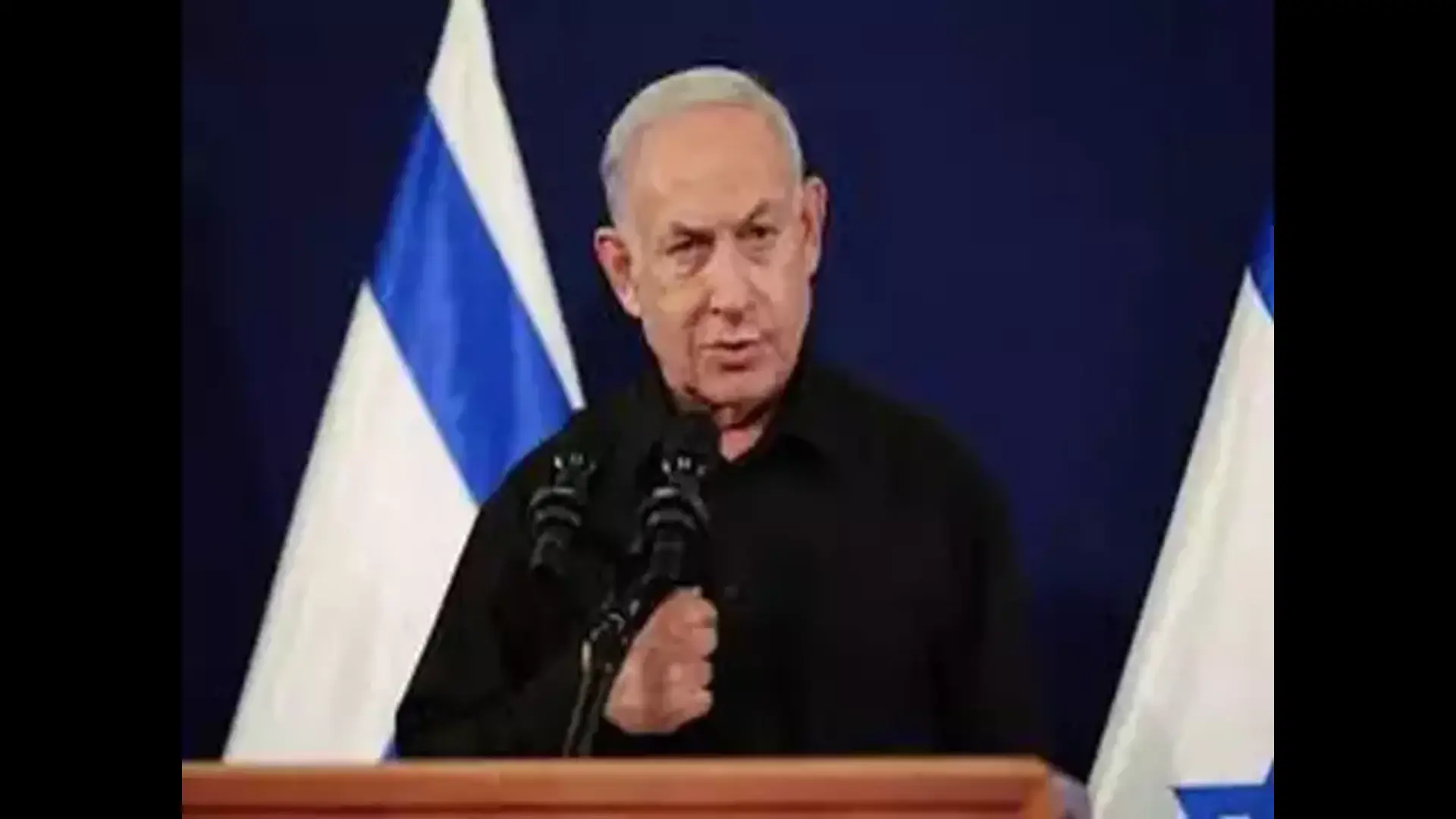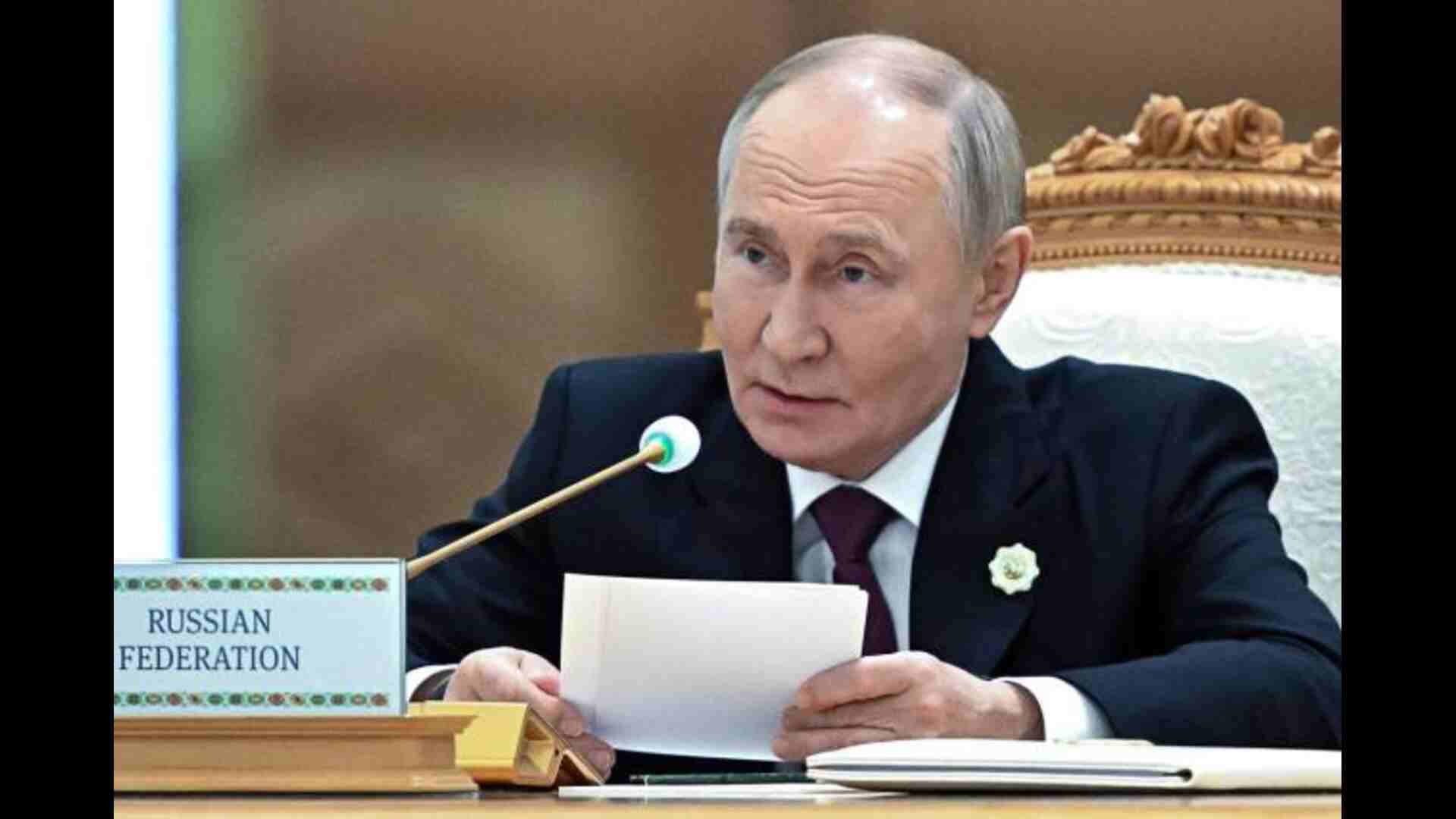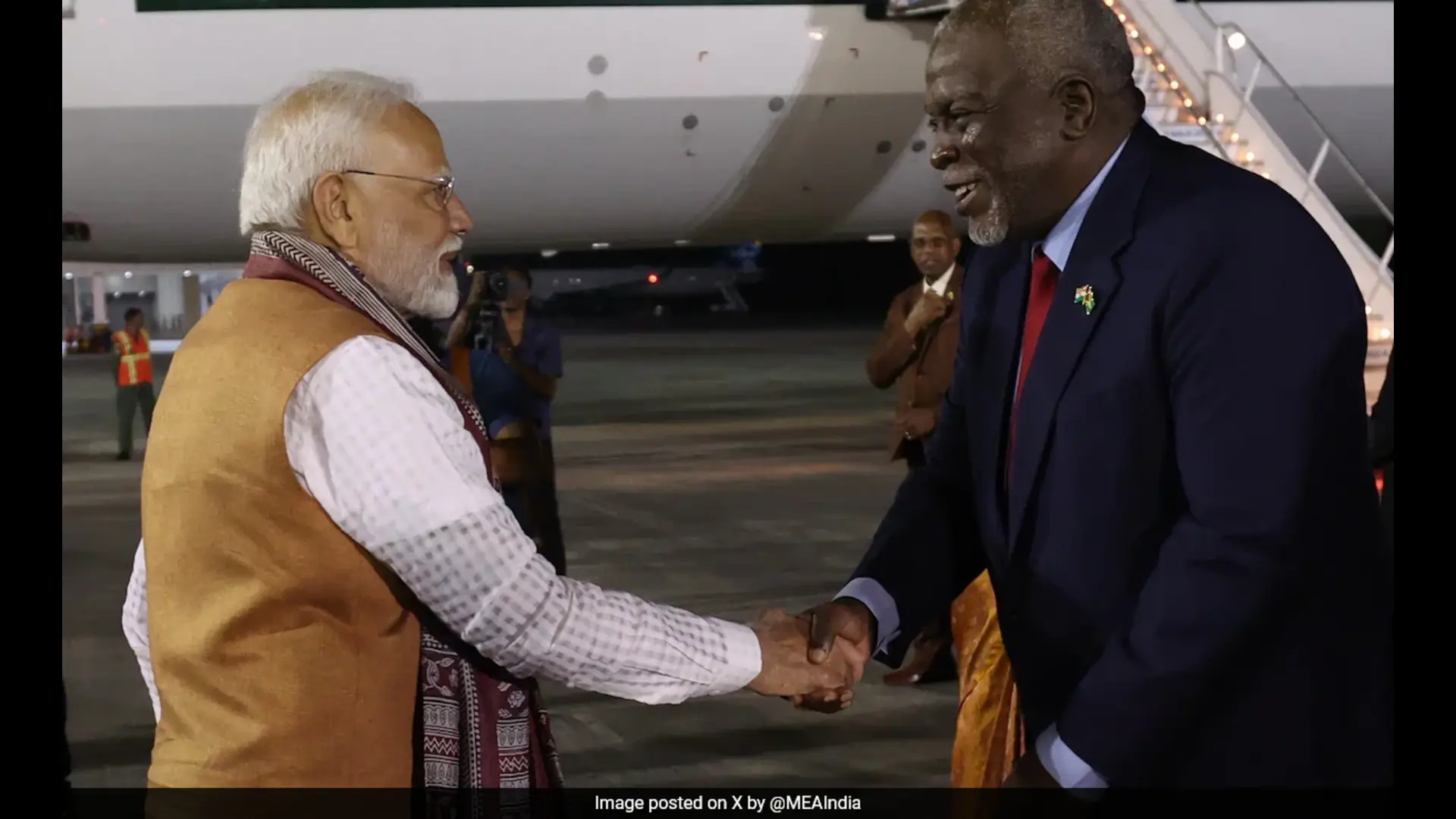
Brazilians are poised to regain access to X, formerly Twitter, following a Supreme Court judge’s decision to lift a ban imposed nearly six weeks ago due to Elon Musk’s noncompliance with Brazilian laws. The platform had been blocked in Brazil, home to over 22 million users, since late August.
The ban stemmed from Musk’s failure to appoint a local representative and settle millions of dollars in fines. This situation arose amid a politically charged conflict between the billionaire owner and Brazil’s Supreme Court, which aimed to combat the spread of far-right misinformation and anti-democratic content on the platform. Experts and authorities in Brazil have linked the proliferation of such content to the far-right riots that occurred in Brasília in January 2023.
Musk’s response to the ban was combative; he labeled Supreme Court judge Alexandre de Moraes a dictator and mocked him on social media. Recently, however, Musk appeared to relent, paying 28.6 million reais (£3.9 million) in fines and appointing a Brazilian lawyer as X’s local representative, thereby meeting the country’s legal requirements.
In light of these developments, Moraes issued a ruling on Tuesday to lift the suspension and authorize the immediate resumption of X’s operations in Brazil. Although X remained inaccessible without a virtual private network on Tuesday evening, it is expected to become available shortly.
Commentators and pro-democracy activists in Brazil celebrated the ruling as a victory for the country’s institutions and sovereignty. Political commentator Gerson Camarotti remarked that the ban was not censorship but a measure to enforce compliance with judicial decisions, contributing to Brazilian democracy.
Camarotti noted that life in Brazil continued normally despite the absence of Musk’s platform, with many users migrating to the rival social media site Bluesky. He emphasized that “nobody in Brazil died because of the absence of X,” criticizing Musk’s platform for fostering hatred.
The social media activism group Sleeping Giants expressed support for the Supreme Court’s decision, calling it a significant win for Brazilian democracy and highlighting the importance of holding big tech accountable to local laws, especially when human rights and democratic institutions are at stake. They clarified that the ban was not intended to suppress free speech but to ensure compliance with Brazilian legal standards.
